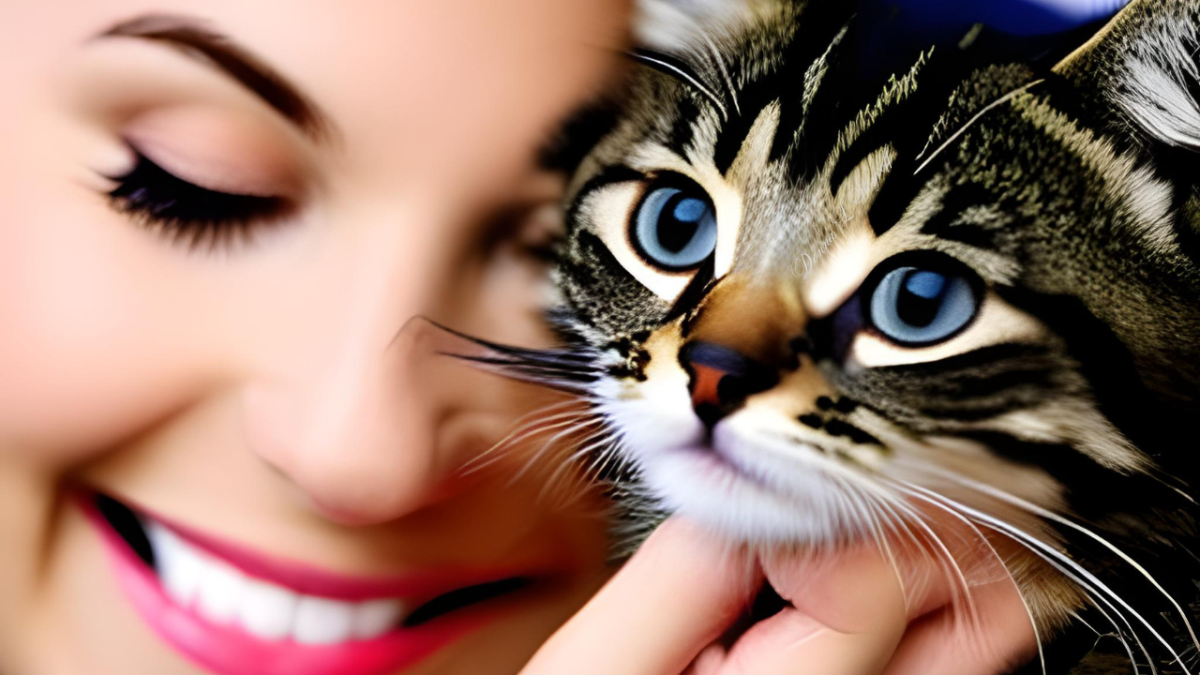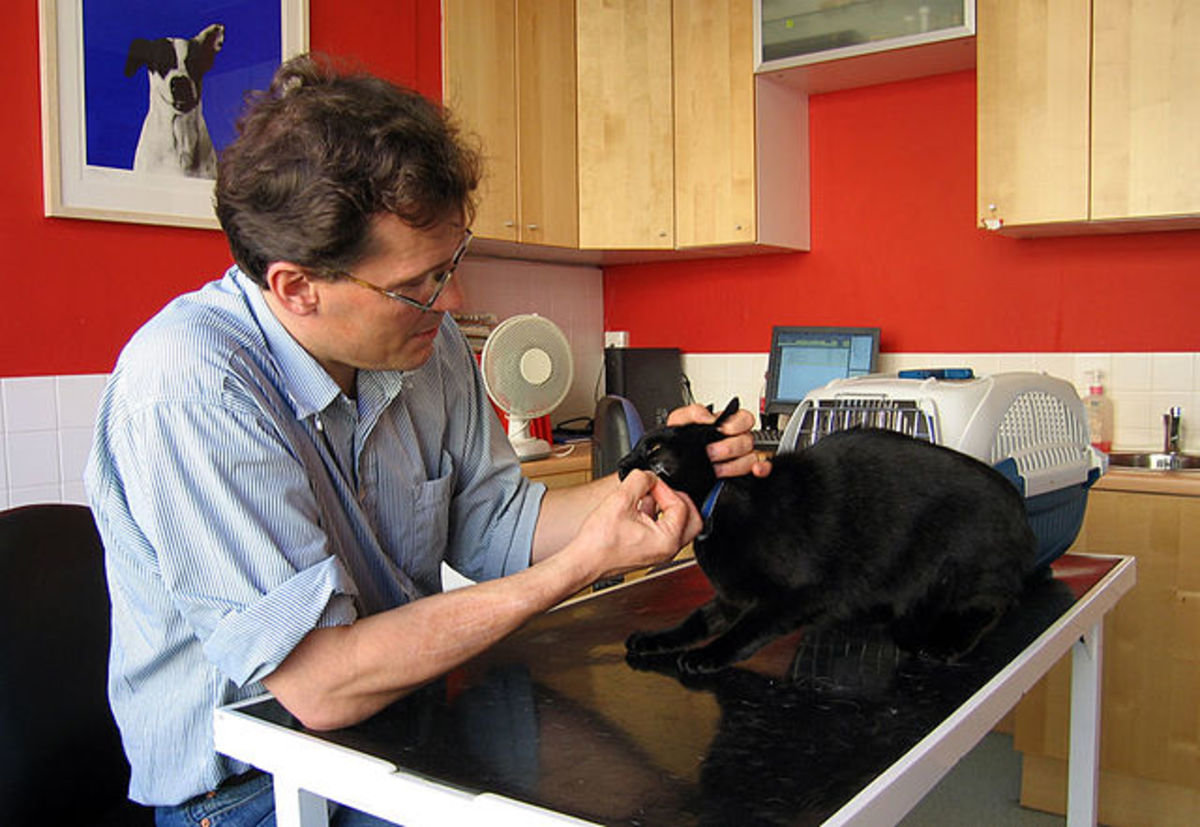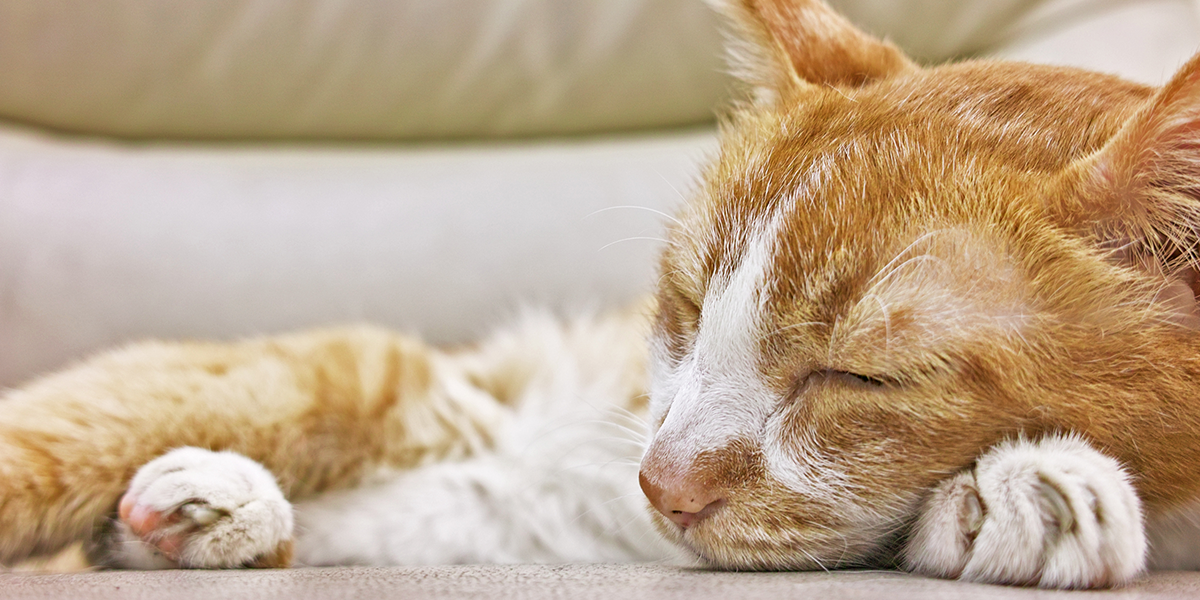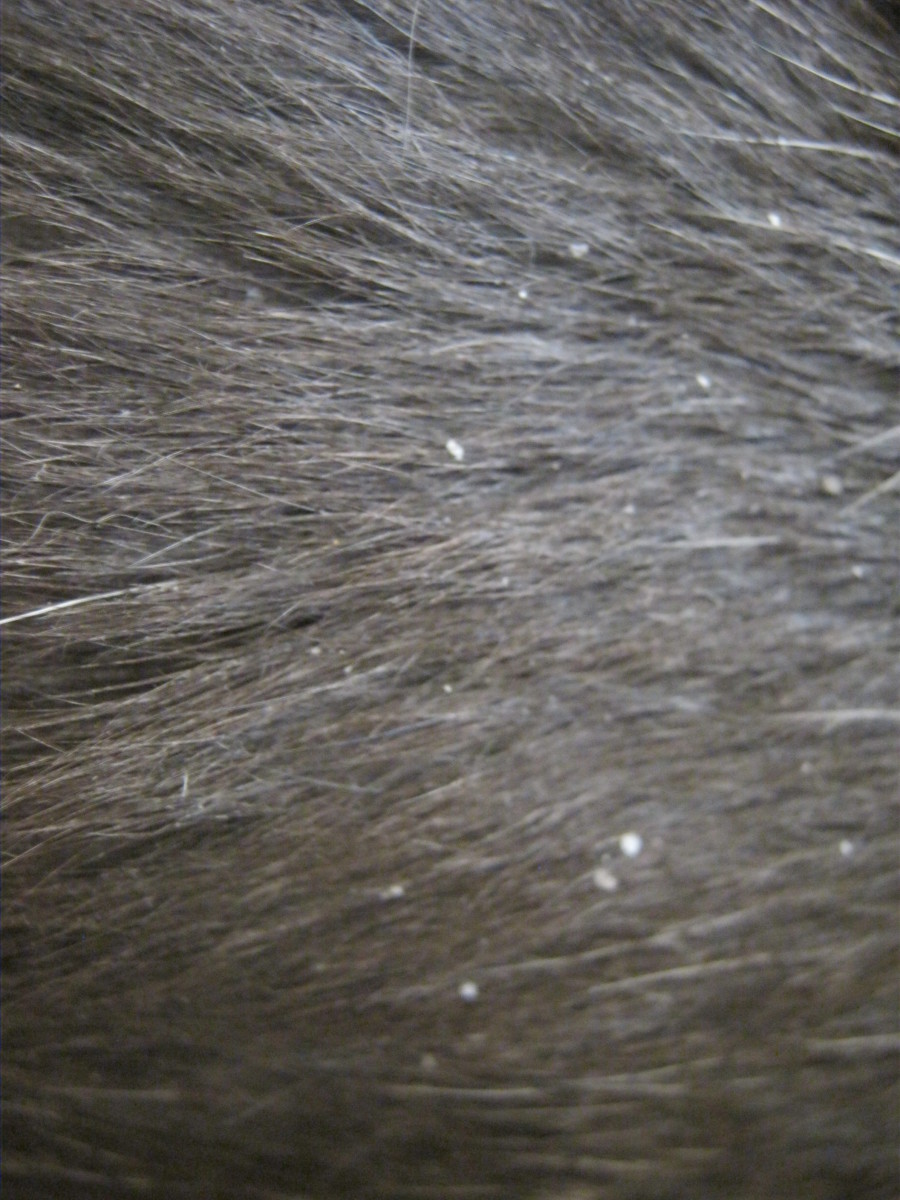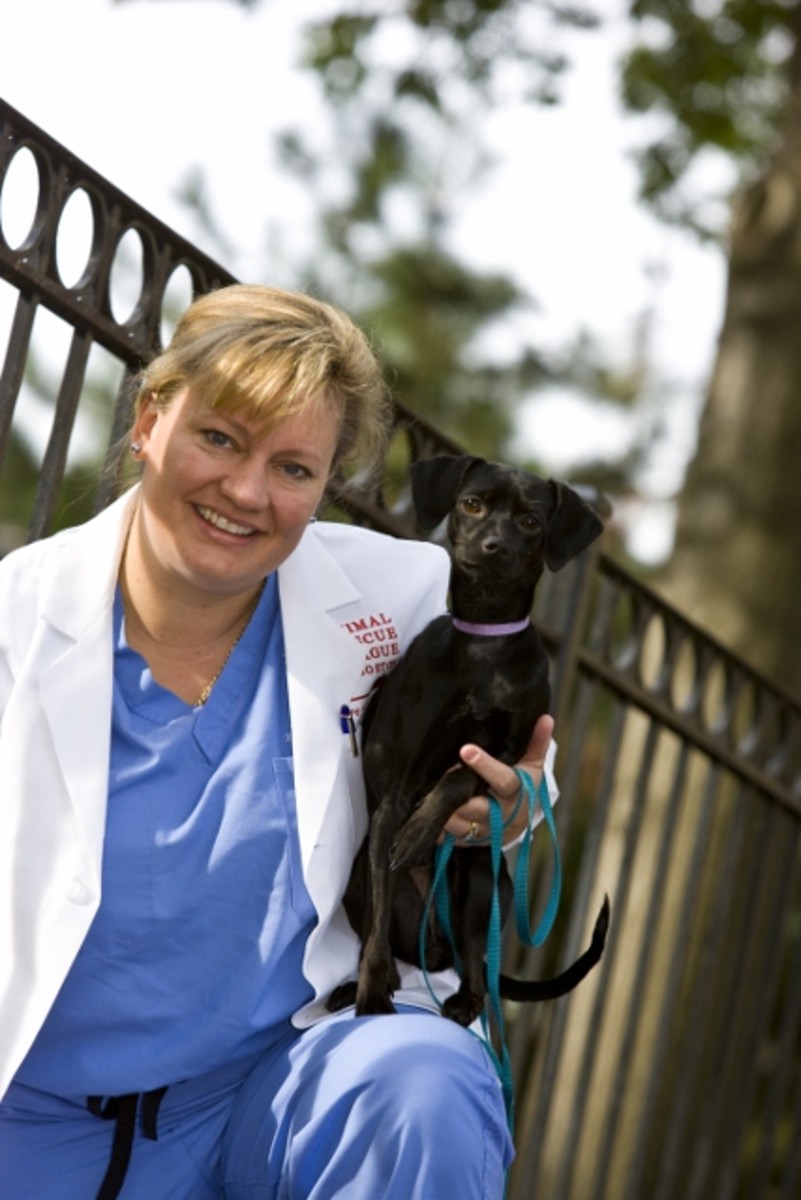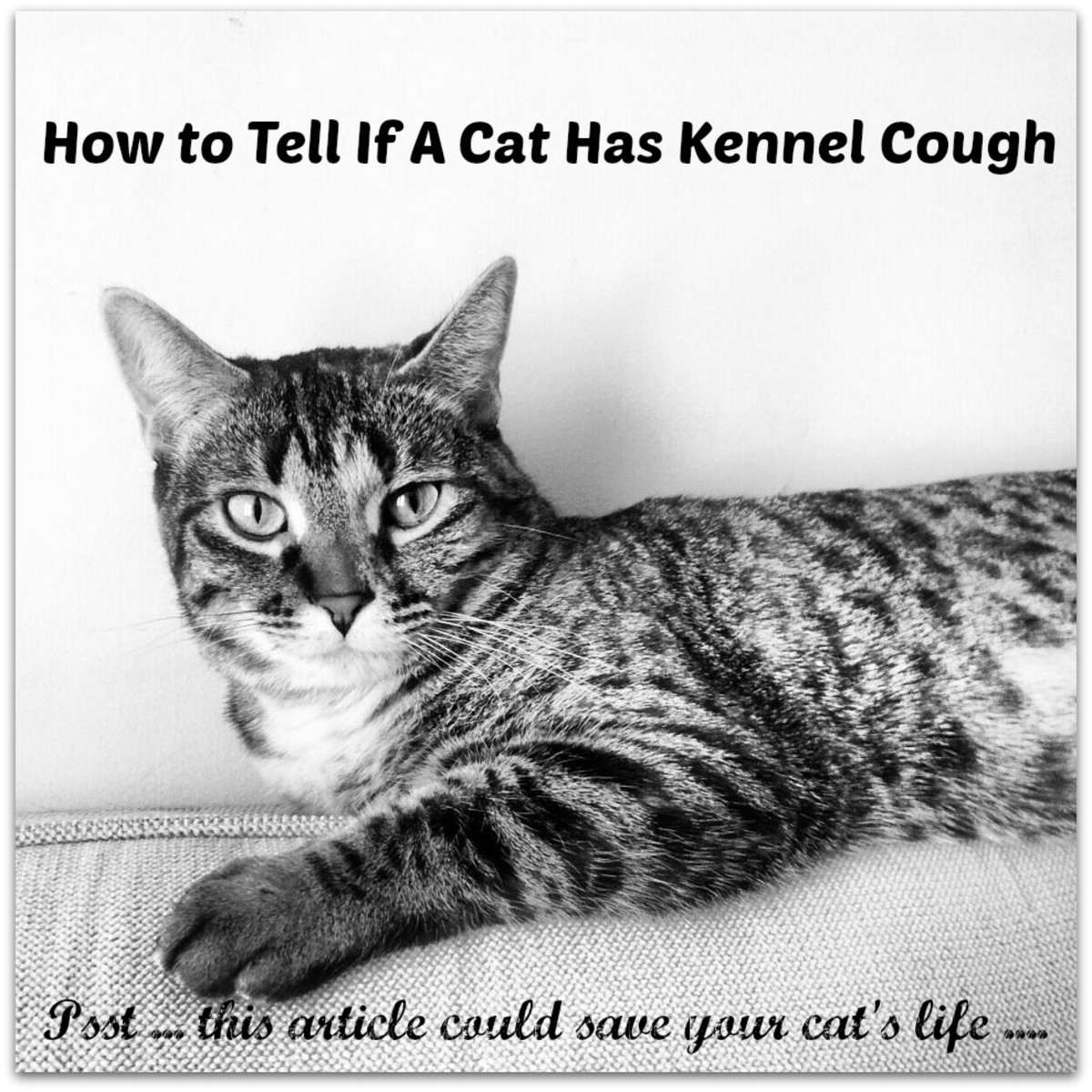Helping Your Kittens Stay Healthy
When you first get your kitten, it is worth checking it all over or even taking it to your veterinarian for a checkup. In this way you can tackle any problems - or, if it is something serious and you have bought the kitten through a breeder, you can take it back if you wish. Even a basic checkup can give you a good idea of the kitten's health. Look at the coat - it should be clean and glossy and the skin smooth and clear underneath. There should be no parasites such as fleas or lice in the coat. Obviously, problems such as fleas can be simply and easily dealt with and should not cause great concern. The kitten's eyes should be bright and clean with no discharge, and the third eyelid (this looks like a thin film of skin across the inner corner of the eye) should not be visible. Presence of the third eyelid sometimes indicates that the kitten is not entirely well. Ears should be clean, and there should be no discharge or wax. Gently open the kitten's mouth by placing your hand over its head and holding it firmly and gently between your thumb and first finger. Then pull down gently on the jaw from the front with your other hand. This does not require great strength but gentle control. It helps if you position the kitten on a table against your front so it cannot back away. The small milk teeth should be clean and white and the gums an even, healthy pale pink. The kitten's breath should not smell.
In addition to being a good quick check, this inspection helps teach the kitten to accept handling and learn that no harm will come to it. Getting the kitten to let you look in its mouth and ears at this stage may be very useful when you have a problem with it as a fully grown cat. If you are at all worried about anything you find, take your kitten to the veterinarian.
That brings us to actually finding a good cat veterinarian. If you are fortunate enough to live somewhere where there is a cat-only veterinary practice, you are very lucky. There are a few around the country, and they are becoming more common. Some other practices may use their branch offices for feline-only services, and still others have times when only cats come in. As a cat owner you can imagine how lovely it is to sit in the veterinary waiting room and not have to worry about your cat getting upset because there are strange dogs close by. However, most of us still have to use a practice that deals with all types of animals and a waiting room that has a mixture of all sorts. Look for a facility, with a high standard of care and a caring and knowledgeable staff. You can take it a step further by asking if there is a veterinarian there with a genuine interest in cats - quite often there will be someone who likes treating cats more than dogs or other pets and, although they may not do so exclusively, you will be able to tell that they have a genuine interest in, and empathy for, the animals. Once you have found your ideal feline veterinarian, stick to him or her like glue!
A separate waiting area for cats, or a time when there will only be cats in the waiting room, will give a good indication that the practice is feline-friendly. Ask if the practice or any of the veterinarians are members of the American Association of Feline Practitioners - this again is a good indication there is a strong interest in cats there and that the practice is receiving all the literature about advances in feline medicine.
You also have the option of asking for a second opinion if you feel that you want more specialist treatment for your cat. Your own veterinarian may suggest a referral if he or she feels that the staff has come to the end of what they can do in the way of treatment and diagnosis or because they do not have the special facilities that may be required for certain problems. This is something you should do in cooperation with the practice for a specific problem and most veterinarians are very happy to refer to a specialist at another practice or one of the veterinary schools. You might find a feline clinic that has veterinarians who specialize in feline medicine. You can try contacting the American Veterinary Medical Association and the American Animal Hospital Association for additional information on how to locate a feline specialist in your area.
- Training Your Kitten to Wear a Collar
If you want your kitten to wear a collar or a harness (if you want it to walk on a leash), it's best to start early. Choose a soft collar or harness with no pieces that the kitten can get itself tangled up in... - Cat Breeding - Pedigree or Moggie?
You may already have decided that you want a particular breed of cat because you have seen one you like or you have come to know one through friends or relatives. Or you may be a fan of good old mixed-blood...


